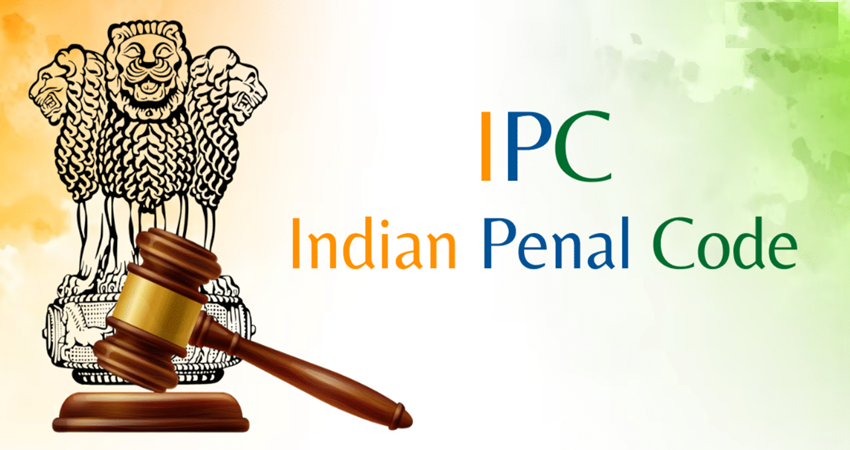Punishment is the final stage in criminal jurisprudence. After analyzing the evidence, the Court decides if the accused is guilty and must be punished. The principles of punishment analysis are outlined in the Indian Penal Code, 1860.
Sentences change from state to state, representing individual judicial philosophies. In Rajendra Prasad v. State of Uttar Pradesh, Justice Krishna Iyer highlighted that different judges consider different factors, like the nature of the crime, the offender’s background, and other personal factors.
The Supreme Court, in the State of Gujarat v. Hon’ble High Court of Gujarat, emphasized that reformation and rehabilitation should be the primary goal of punishment.
Types of Punishment Under the Indian Penal Code, 1860
Section 53 of the Indian Penal Code highlights different punishments a convict can receive. This provision limits the judge’s discretion by specifying limited penalties. The IPC does not allow courts to impose newer forms of punishment, such as community service or prison services, for offenses under its scope.
The IPC mandates a minimum sentence for specific crimes. However, for most crimes, the Court has the crucial judgment to decide the duration and type of punishment, considering factors like the nature of the crime, how it was committed, the defendant’s behavior before and after, and other relevant circumstances.
1. Death Sentence
The death penalty is the harshest punishment under the Indian Penal Code, involving the execution of the convict for their crime. It has started debate, with some arguing it serves as a deterrent to crime, while others question whether the state should have the right to take a person’s life, especially in the case of wrongful convictions.
The Indian Penal Code does not make the death sentence mandatory but provides it as the maximum penalty for specific crimes, such as treason (S.121), murder (S.302), and robbery with murder (S.396).
The constitutionality of capital punishment was confirmed by the Supreme Court in Bachan Singh v. State of Punjab (1980), where the Court ruled by a 4:1 majority that the death penalty is constitutional. The Court emphasized that life imprisonment is the default punishment and that the death sentence should only be imposed in ‘exceptionally rare cases’ where no other punishment is justifiable.
The Court also provided guidelines to judge these cases, including considering the crime’s severity, the offender’s circumstances, and whether the crime was particularly brutal or committed with extreme depravity. According to Section 235 of the CrPC, in cases where the death sentence is under consideration, there must be a chance for the accuser to present mitigating factors. Failure to follow this procedure invalidates the sentence.
2. Life Imprisonment
Life imprisonment means a convict is sentenced to spend the rest of their life in prison. It is different from fixed-term sentences, like 14 or 20 years. Section 57 of the IPC treats life imprisonment as equivalent to 20 years. However, According to the Supreme Court in Gopal Vinayak Godse v. State of Maharashtra; life imprisonment is not limited to 20 years.
Under Section 55 Indian Penal Code and Sections 432-433 CrPC, a convict may have their sentence reduced after serving 14 years. Still, the President or Governor can release them earlier by monitoring their constitutional powers under Articles 72 and 161.
3. Prison Sentence
Imprisonment relates to the custody of a convict in jail. It has two types: rigorous and simple. Rigorous imprisonment involves hard labor, while simple imprisonment does not require work. The Supreme Court ruled that prisoners doing hard labor must be paid minimum wages.
3. Property Confiscation
Confiscation of property is a punishment in which a person’s property is seized as a penalty for certain offenses, like war-related crimes, unlawful property transactions by public servants, or fictitious stamps, as mentioned in specific Indian Penal Code sections.
4. Fine Punishment
A fine is a monetary punishment for a crime proportionate to the offense committed. The fine should be fair, reasonable, and within the convict’s ability to pay. Under Sections 73 and 74 of Indian Penal Code, solitary confinement is a harsh punishment imposed as part of strict imprisonment. It involves isolating the prisoner from other’s contact. It can only be imposed in extreme cases and cannot exceed 14 days at a time, with limits depending on the length of the imprisonment.
Read also: What is question of law and question of fact






